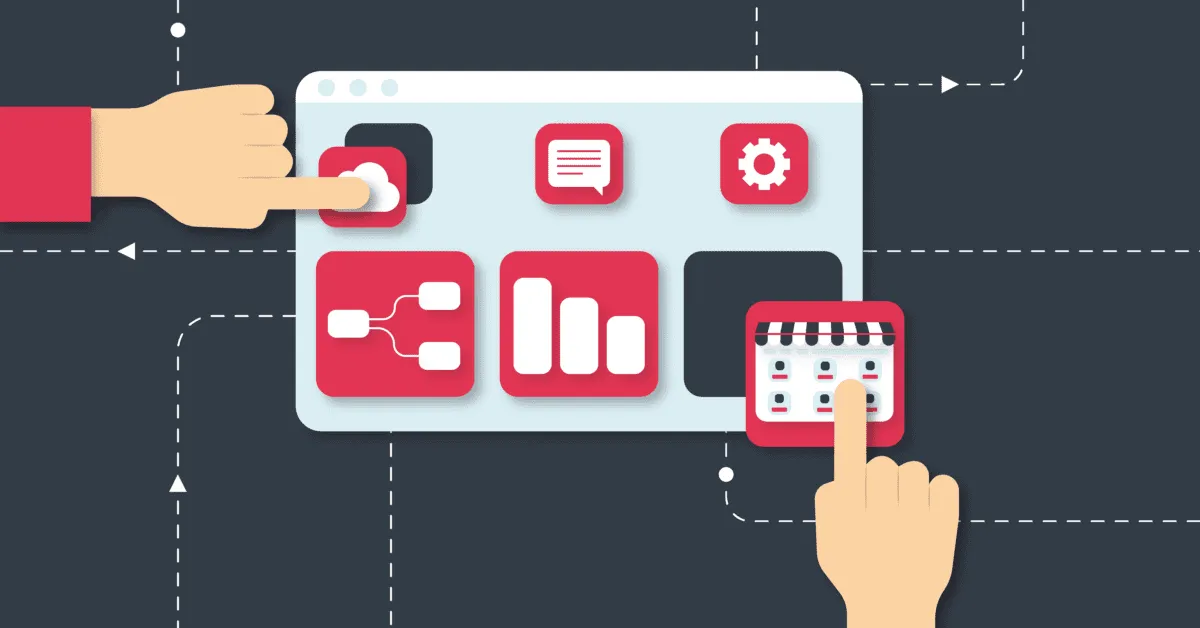
Updated on by Daniel Twigg
A few years back, Gartner predicted the emergence of the Citizen Integrator: a domain specialist, without a programming background, who can use tools (and not code) to integrate and extend business software applications.
Some good examples of a Citizen Integrator might be:
- A marketing specialist integrating CRM with a marketing platform Someone dealing with finance integrating payment services with invoicing
- A customer support specialist integrating a helpdesk platform with CRM
- A small business owner integrating almost anything
The power of the Citizen Integrator is significant. They understand their domain, feel confidence and ownership of their data, and know the weaknesses and opportunities in their area of operations. No other person within a business is better equipped to make a step-change in efficiency or unlock new possibilities from data.
If processes can be automated, the Citizen Integrator is best-placed to make that judgement. With the right tools and support, they can execute effectively and cheaply.
Software integration challenges for IT departments
IT departments must adapt and learn to work with the Citizen Integrator for the greater good of a business. With tightening budgets and a drive for greater efficiency, it is a commercial imperative to address a business’ integration problems.
Tools like Cyclr empower the Citizen Integrator, but also demand a reassessment of the role of IT departments. Motivated employees can either be prevented from becoming a Citizen Integrator or they can be supported and coached by IT to overcome the pitfalls and dangers to achieve shared success.
The rewards for empowering the Citizen Integrator with an integration tool like Cyclr are huge:
- Reduction of manual tasks
- Increased timeliness of data
- Increased availability of data
- Increased accuracy of data
- Easy transformation of data between diverse platforms and schemas
- Delivery of new services built on-top of existing data and software
- Easy prototyping and testing
- Rapid deployment
- Easy maintenance
- Reporting and analysis
- Reduced vendor lock-in (platforms may change, processes remain)
- Monitoring and alerts to ensure process up-time
- Predictable costs
For a relatively low-cost of entry, the Citizen Integrator can save time, money, and unlock new opportunities for a business.
The rise (and rise) of integration
The “I” in IT departments increasingly means “integration”. Demands for the increased availability and automation of data are the principle driver behind integration’s estimated $393B market value by 2020.
Enterprises are spending big on integration initiatives; but small and mid-market businesses are increasingly aware of its benefits too. At this end of the market, usage of software as a service (SaaS) applications is ubiquitous. With the right tools, there are many easy and cheap wins for businesses. Most popular SaaS platforms now have comprehensive RESTful APIs (application programming interface) or the ambition to have them. Through their APIs, platforms are becoming more open and more connected than ever before.
With the emergence of iPaaS (integration platform as a service) we are seeing integration for the masses. Without a single line of code being written, software APIs are being connected and orchestrated to deliver new value and opportunities for businesses. This is where Cyclr fits in. We’re building this next generation of integration tools.
If you understand the problem or the process, Cyclr’s integration builder can help you achieve your integration goals.